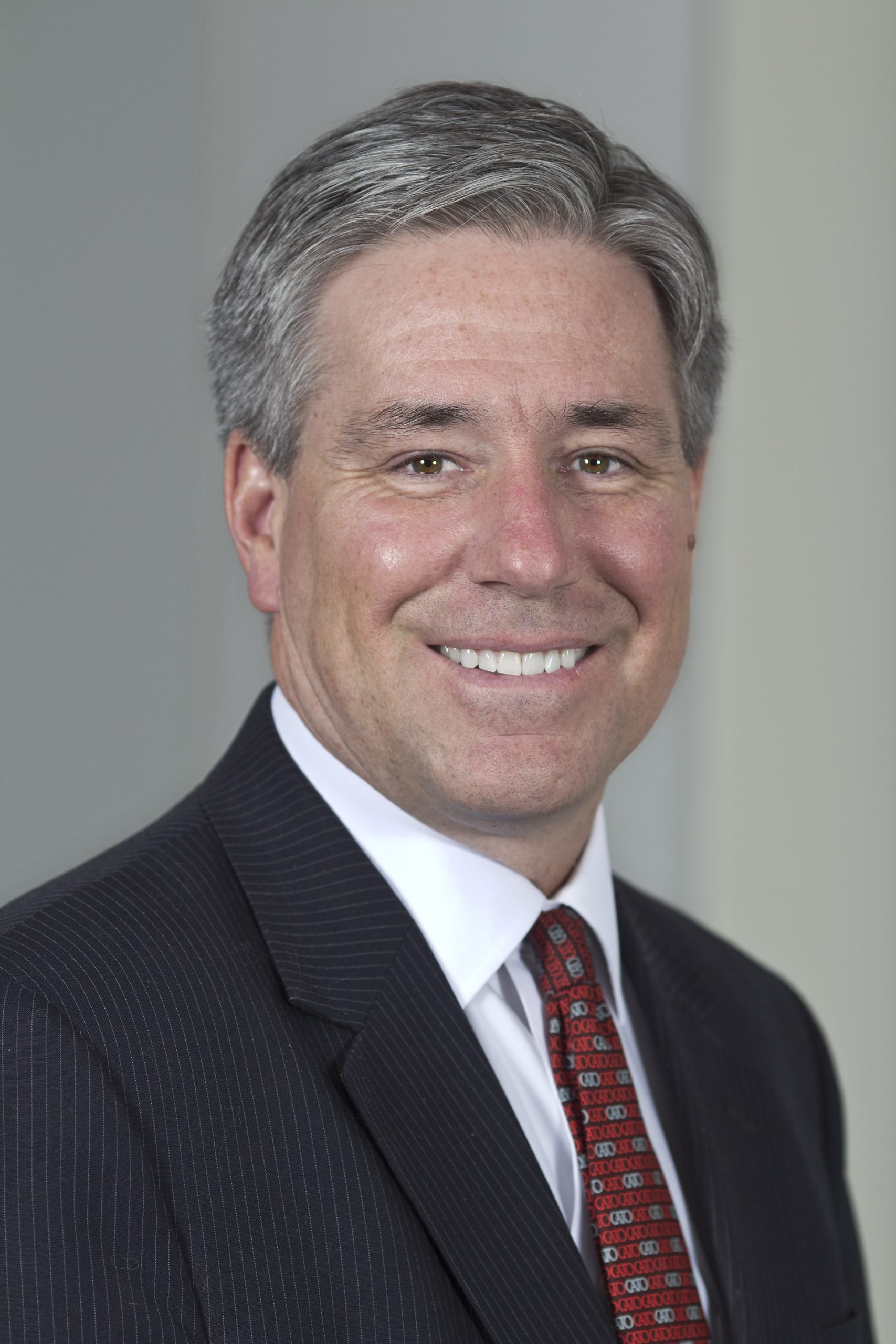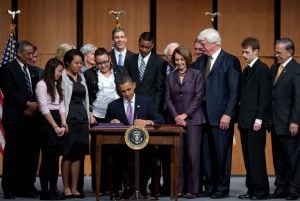It’s no secret that I’m a critic of Trump’s protectionism. He doesn’t understand the benefits of trade, misinterprets trade data, and—to coin a phrase—he’s “making cronyism great again.”
But, as shown in this interview, even I’m shocked that he’s “blaming the victim” by going after Harley-Davidson.
I’m disappointed, though, that I only made part of the argument.
Harley-Davidson is being hurt by government because Trump’s steel and aluminum tariffs have raised the prices of inputs. But the company also is being hurt because other countries have responded to Trump’s protectionism with tariffs that will penalize the company.
Here’s some background on the story, as reported by CNN.
President Donald Trump said it’s “great” that consumers might boycott Harley-Davidson if it moves some motorcycle production overseas. …Trump’s remark came after the President hosted “Bikers for Trump” supporters at his golf club in Bedminister, New Jersey, over the weekend. …Tensions between the administration and Harley-Davidson have brewed for months. It started when Trump imposed hefty tariffs on steel and aluminum imports earlier this year in an effort to bolster domestic manufacturing. The European Union responded by pledging to raise tariffs on a list of goods that are imported from the United States, including Harley motorcycles. …Harley said it stands to lose as much as $100 million a year, and the company pledged to shift some of its production abroad so that it could avoid the added tariffs on motorcycles sold in the EU. …moving more production overseas was the “only sustainable option” in the face of a trade war.
Not that this is a sudden revelation.
The U.K.-based Financial Times reported back in June that the company was put in a bad position because Trump’s tariffs led to retaliatory tariffs from the European Union.
…Harley-Davidson announced it would move some manufacturing out of the US to avoid EU tariffs and Brussels prepared further retaliatory measures in case of new White House duties. The motorcycle maker is the first US manufacturer to scale down domestic production in response to the EU tariffs, which were imposed on Friday against $3.3bn in American imports as retaliation for US steel and aluminium duties. Harley-Davidson’s decision illustrates why many pro-trade members of President Donald Trump’s own Republican party have raised concerns about the potential economic consequences of the multiple fronts he has opened in his trade offensive.
Kevin Williamson, writing for National Review, explained what’s really happening.
Harley-Davidson already operates facilities in Brazil, India, and Australia, and it has plans for a factory in Thailand. Avoiding protectionist measures drives some of that, but so do other factors, including proximity to customers—which is why Mercedes-Benz manufactures SUVs in the United States, where most of them are sold. Indians buy nearly 17 million motorcycles and scooters a year, and Harley-Davidson covets a larger share of that market. …its executives calculate that the Trump administration’s anti-trade policies will cost it as much as $100 million a year in the EU market alone. …What is Harley-Davidson supposed to do? Lose a few hundred million dollars while it waits for the Trump administration to get it right on trade? Because that day probably is not coming.
I’m not being a Trump basher, by the way. I noted in the interview that he’s also pushed through some policies that are good for both companies and competitiveness, such as targeted deregulation and lower tax rates.
But, as also noted in this Washington Post column, what’s frustrating is that the harm caused by Trump’s protectionism will offset the benefits of those good policies.
President Trump’s top economist defended the White House’s increasingly aggressive trade policies Tuesday, calling Harley-Davidson’s decision to move some operations overseas an exception to a broader trend of renewed corporate investment within the United States. Kevin Hassett, chairman of the Council of Economic Advisers, said foreign direct investment on American soil “has skyrocketed” in the year’s first quarter, a trend he attributed to a cut in the corporate tax rate that Trump signed into law last year. …Former White House economic adviser Gary Cohn, who resigned shortly after Trump announced the tariffs, cautioned earlier this month that a trade war could wipe out the economic gains of the GOP tax law.
Let’s close by highlighting the oft-overlooked fact that the retaliatory tariffs against Harley-Davidson are not trivial.
Here are some excerpts from a Wall Street Journal editorial.
The company considers the EU a “critical market,” and last year it sold nearly 40,000 bikes to European consumers. But in retaliation for Mr. Trump’s steel and aluminum tariffs, the European Union raised its tax on American-exported Harleys to 31% from 6%, effective last Friday. That amounts to a $2,200 tax on each motorcycle exported from the U.S. to the EU. …Harley said “the tremendous cost increase, if passed on to its dealers and retail customers, would have an immediate and lasting detrimental impact to its business in the region, reducing customer access to Harley-Davidson products and negatively impacting the sustainability of its dealers’ businesses.” Translation for Mr. Trump: Unlike real estate, cars and motorcycles are a global market.
All of which underscores the main point from the interview, Harley-Davidson is the victim.
I mentioned in the interview that some people think Trump is playing a clever game to force other countries to lower trade barriers. Since other nations generally have higher trade barriers than the United States, he’s right to have that as a goal. Assuming, of course, that really is his goal. I’m skeptical but would love to be proved wrong.





